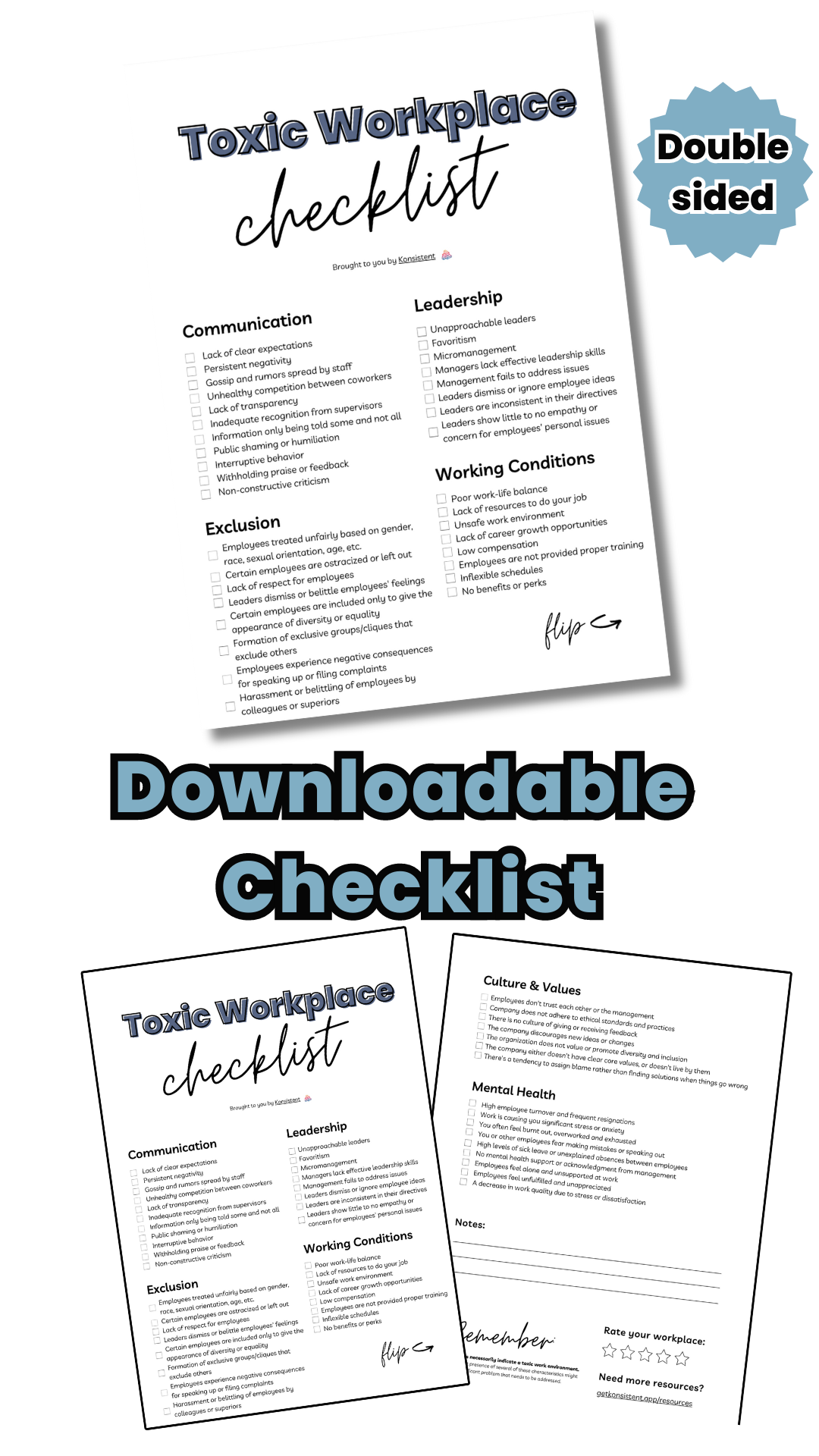What is considered retaliation in the workplace?
10 November 2022 | 5 mins read
- Employee resources
Have you ever felt like you were experiencing retaliation in the workplace?

If so, you’re not alone. Many employees feel like they are the target of retaliation, but may not know what it is.
In this post, we will define retaliation and discuss some examples of what might be considered retaliatory behavior in the workplace. We’ll also provide some tips on how to deal with retaliation if you experience it.
What is retaliation in the workplace?
This is a question that many workers may have, especially if they have experienced retaliation for reporting workplace misconduct or voicing concerns about safety violations.
In general, retaliation in the workplace refers to any type of negative action taken against an employee as a result of their engagement in legal and/or protected activities. This includes speaking out against discrimination or harassment, filing a discrimination or harassment claim, or participating in an investigation into workplace misconduct.
Some common types of retaliation that workers may experience include termination, demotion, reduction of pay or hours, negative performance reviews or evaluations, and other forms of retaliation designed to harass and intimidate the employee.
Are you feeling stressed, unvalued, or isolated at work but can't quite put your finger on the root of the issue?
Our comprehensive 'Toxic Workplace Checklist' could provide the clarity you're seeking. This checklist, designed by our language detection experts at Konsistent, pinpoints key signs of an unhealthy work environment, empowering you to better understand and navigate your professional sphere. Download your free copy today, and take the first step towards a more inclusive, respectful, and supportive workspace.
While retaliation can take many different forms, it is always illegal under federal and state laws, and any worker who experiences retaliation in the workplace should seek legal guidance from an experienced employment attorney.
If you are concerned about retaliation in your workplace, it is important to understand the signs of retaliation, as well as your legal rights.
Related read: What is quid pro quo harassment in the workplace?
6 signs that you’re being retaliated against at work

1. You are being treated differently than your coworkers, with negative consequences for things that previously did not result in disciplinary action.
For example, you may be receiving poor performance reviews or negative feedback on your work even though you have received positive feedback in the past. This is one of the most common signs of retaliation in the workplace, as it is often used to discredit and discredit an employee’s performance.
This can also manifest as you being singled out for disciplinary action or negative performance reviews, even though you have committed similar or lesser infractions than other employees. This can be a sign that your employer is targeting you specifically because they want to get rid of you or make your life at work more difficult.
2. You are subject to increased scrutiny or micromanagement after speaking up.
Retaliation at work often occurs after an employee speaks out against a policy, process, or practice that they believe is either illegal or unethical. In retaliation for this type of “insubordination,” an employer may begin to micromanage your work and subject you to increased scrutiny and unfair criticism. This can be very demoralizing for employees and can make it difficult to do your job properly.
If you are suddenly being scrutinized or micromanaged after voicing concerns about a workplace issue, this could be an indicator that retaliation is taking place. Your manager may also be asking others to keep close tabs on your work and behavior, in an attempt to find evidence of wrongdoing on your part.
3. You are ignored or excluded from key conversations or meetings.
If you suddenly find that your input is being ignored or excluded from key conversations and meetings, this could be a sign that retaliation is taking place in your workplace. This may be done as a way to silence you and prevent you from speaking up about issues in the future.
This could also mean being excluded from opportunities to advance in your career, as retaliation often manifests in a desire to keep employees from progressing and improving their position at the company.
Related read: Is yelling in the workplace harassment?
4. Your workload or assignments have increased significantly.
If you are suddenly being given much more work or responsibility than before, this could be a sign that retaliation is taking place in your workplace. Your employer may believe that by increasing your workload, they will effectively silence you and discourage you from speaking up about issues again in the future.
5. You experience retaliation after filing a harassment or discrimination claim.
If you have filed a harassment or discrimination claim at work and are experiencing retaliation as a result, this is considered illegal under federal and state laws. For example, you may be subjected to demotions, undesirable transfers, negative performance reviews, or other forms of retaliation in response to your claims.
6. Your pay or hours are cut without explanation.
If your pay or hours are suddenly reduced without any clear justification, this could be a sign that retaliation is taking place in your workplace. It may be an attempt to punish you for speaking up about issues or filing complaints, and to discourage you from doing so again in the future.
While retaliation in the workplace can take many forms, it is often rooted in one common goal: to silence or demotivate workers who speak up about workplace issues or raise concerns. If you suspect that you are being retaliated against at work, it is important to take action and seek help from external resources if necessary. There are laws in place to protect workers from retaliation, so it is important to understand your rights and seek legal support if necessary.
Related read: What are the signs of age discrimination?
How to prove retaliation in the workplace?
If you believe you are experiencing retaliation in the workplace, there are several steps you can take to prove your case.

Consider documenting all of your interactions with management and colleagues about the retaliation, including dates, times, and any relevant details. You may also want to keep a journal or record of how retaliation has affected you personally, as this can help strengthen your case. Any emails, text messages, or other evidence that you have related to retaliation can also be helpful in proving your case.
You should also consult with a lawyer or legal professional who has experience handling retaliation cases. They will be able to advise you on the best course of action for your situation and help you navigate any legal processes that may be involved.
Ultimately, retaliation in the workplace should not be tolerated, and those who experience it have a right to seek justice and hold their employers accountable.
How to deal with retaliation in the workplace?
If you feel that you are being retaliated against at work, there are various steps that you can take to address the situation. Some key actions include gathering evidence of retaliation, speaking with your manager or HR department about the issue, and seeking support from relevant legal or advocacy organizations if necessary.
Additionally, it is important to remain calm and focused when dealing with retaliation in the workplace, and to try not to let your emotions get the best of you. By staying focused, communicating clearly and assertively, and seeking support when needed, you can effectively address retaliation in the workplace and protect your rights as a worker.
Related read: 5 signs of a hostile work environment and how to manage it
Can you sue for retaliation in the workplace?
Yes, it is possible to sue for retaliation in the workplace. Under federal and state laws, workers have the right to a safe and harassment-free work environment, free from retaliation for speaking up about issues or filing complaints.
If you feel that you are being retaliated against at work due to your actions, you may be able to file a legal claim against your employer and seek damages for the retaliation that you have experienced. It is important to work with an experienced lawyer or legal advocate when pursuing these claims, as they will be able to provide guidance and support throughout the process.
Additionally, there may be local or state laws in place that offer additional protection from retaliation in the workplace, so it is important to do your research and understand your rights as a worker. Check your local labor laws or legal resources to learn more about retaliation in the workplace and your rights as a worker.







